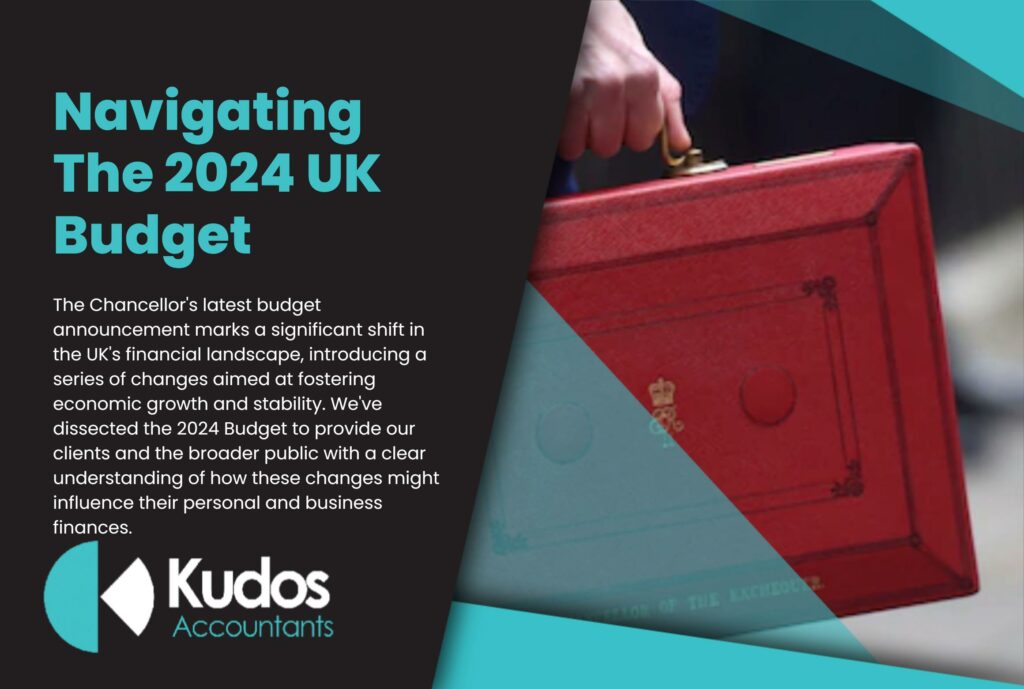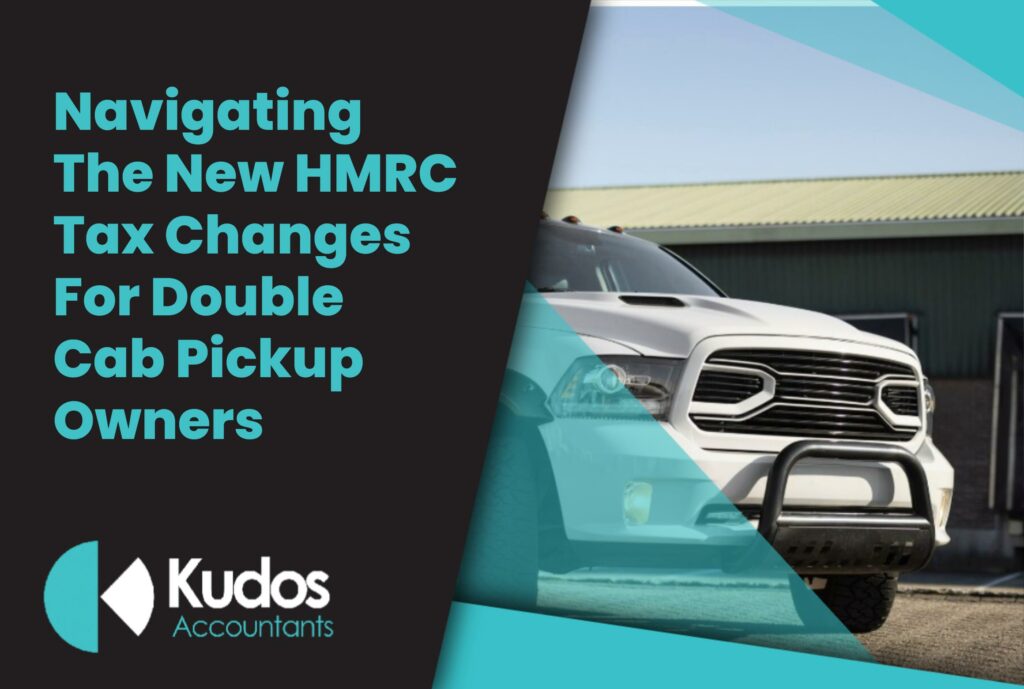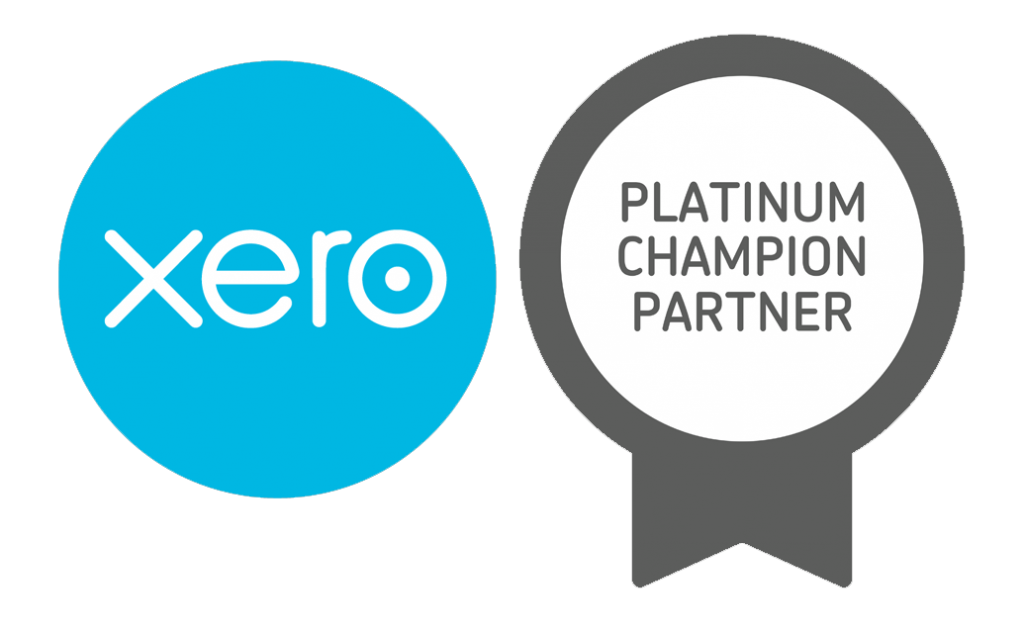There is a certain type of vehicle where it becomes difficult to establish whether the car benefit rules or the van benefit rules should apply. These vehicles are commonly referred to as double cab pick-ups.
To determine this we must begin by clearly looking at the definitions of each of the vehicles, starting with a car:
Looking at this from a company car taxation point of view, a car is simply summarised as any mechanically propelled vehicle excluding the following:
- A motorcycle
- A goods vehicle (one which has a construction primarily suited for transporting goods or burden of any type), for example a trucker lorry. This does not apply to estate cars & off-road recreational vehicles
- An invalid carriage or
- A vehicle which is not generically used as a private vehicle or unsuitable for practical use, such as a racing car
When defining a van for a purpose of the company van benefit, the following criteria must be met:
- It must have a design weight (a weight which a vehicle is designed or adapted to not exceed when in standard use or when travelling on a road laden) that does not exceed 3,500kg.
- It must be primarily constructed to carry goods or burden of any type – this does not include people.
- It is available for private, unrestricted use by the employee or director
The rules above do rule out minibuses and lorries- so where do double cab pick ups fit into the regulation?
The points below explain that this type of vehicle is unsuitable for private use, “so you must consider, using the following criteria, whether yours is designed primarily for carrying goods or burden:
- It has four doors that are able to be opened independently, whether the rear doors are hinged at the front of the vehicle or the rear. (Two door versions are normally considered to be vans)
- Your vehicle has a front passenger cab that contains a second row of seats (which can be used to seat four passengers and the driver)
- It features an uncovered pick-up area behind the passenger cab
Considering the Payload
In short, a payload is summarised as a vehicle’s gross weight (or design weight, but we advise looking at your manufacturers brochures as they can often define this differently).
The above must be taken into account when it comes to defining your double cab pick up as a car or a van for tax purposes. With this measure in mind, a double cab pick-up which has a payload of 1 tonne (1,000kg) or over will be accepted as a van for benefits purposes.
However, within a separate agreement between Customs and the Society of Motor Manufacturers and Traders (SMMT), a vehicle hard top constructed from fibre glass, metal or a similar material, whether it has windows or not, has an accorded generic weight of 45kg. Therefore, a double cab pick-up with a hard top with an (ex-works) payload of 1,010kg is classed as a car (due to the reduced net payload of 965kg). We must also note that the agreement also states that the weight of all other optional accessories for this type of vehicle do not matter.
Finally, you must also consider that the 1 tonne rule doesn’t apply to any other type of vehicle except double cab pick-ups.
How can we help?
As you can see from above information, employment tax is quite complicated and there are many grey areas.
We at Kudos Accountants have great knowledge of employment taxation and our team of consultants have unparalleled experience of negotiating with HMRC to deliver our clients with trusted advice and guidance.
If you’ve already reached out to HMRC and they have opened a line of enquiry or if you are worried about your business facing potential employment tax issues, please reach out to us today to discuss how we may be able to support you.





